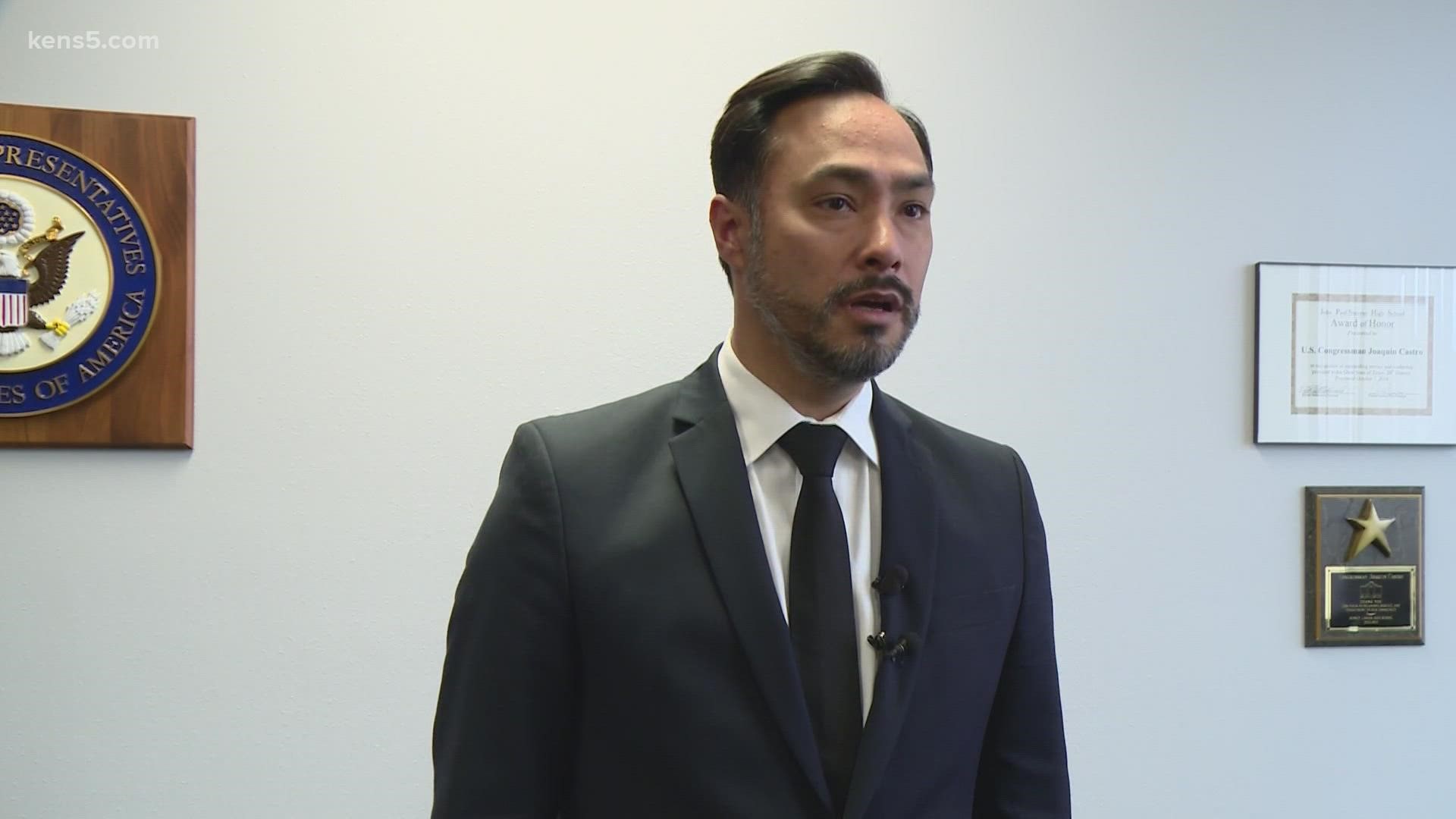SAN ANTONIO — Representative Joaquin Castro was diagnosed with cancer last year but kept it quiet. Just yesterday he had tumors removed from his GI tract.
The tumors removed are called neuroendocrine tumors of the gastrointestinal tract. As long as the cancer hasn't spread to other parts of the body, the 5-year survival rate is high at 97 percent.
"In general, GI neuroendocrine tumors are considered more indolent, less dangerous than the classic kinds of GI cancers like colon cancer, adenocarcinoma in the stomach and colon that we're more familiar with," said Dr. Randy Wright, an Associate Professor of Gastroenterology at UT Health San Antonio and University Health. He also sees patients at UT Health’s Mays Cancer Center.
GI neuroendocrine tumor symptoms often have no symptoms in the early stages. They may cause symptoms if the tumor overproduces and releases hormones into the bloodstream, or if it grows large enough to cause blockages in the GI tract.
"Uncommonly, people can have symptoms called carcinoid syndrome syndrome, where there's diarrhea and flushing, but that's usually after the tumor has metastasized," Dr. Wright added.
Neuroendocrine tumors, or NETs, occur in the GI tract, mostly commonly in the small intestine at 12 percent. In the stomach at 5 percent. 3.5 percent occur in the colon. But the largest percentage, 17.5 percent in the rectum.
"The GI tract includes everything from the mouth to the rectum, including the esophagus, the stomach, the small bowel and the colon," Dr. Wright told us. "Included in there are the liver and the pancreas. And these tumors can appear in any of those areas."
Representative Castro also said his prognosis is good and he expects to be home recovering in Texas for several weeks before returning to Washington to continue my work on behalf of the people of his hometown, San Antonio.

